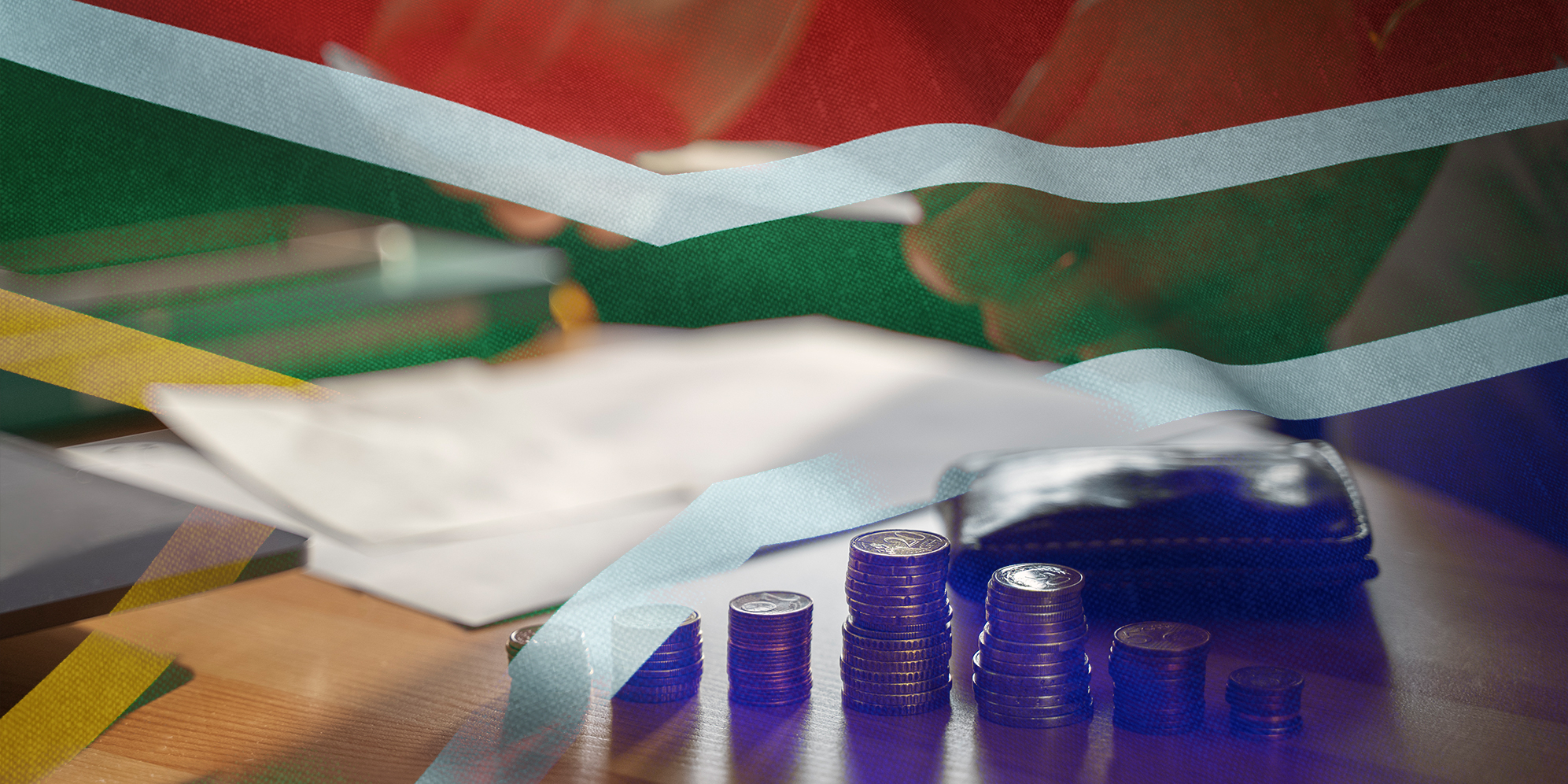At a superficial level, the answer is equally obvious: It was a shock because, instead of growing, as all nine economists surveyed by Bloomberg expected, the economy shrank by 0.3%.
The ostensible reason for the decline was also pretty obvious. Statistics SA recorded a huge 28.8% collapse in agricultural output.
But at a deeper level, the reason SA is not growing is less obvious. For years, economists claimed the real problem was load shedding. After all, in 2022, the South African Revenue Service estimated that load shedding resulted in R150-billion in lost revenue for the year. In 2023, Electricity Minister Kgosientsho Ramokgopa suggested that elevated levels of load shedding could lead to R1.6-trillion in lost economic activity - probably an overstatement, but we get the picture.
Load shedding has now, miraculously and wonderfully, been largely fixed. Not entirely, mind you. There are still plenty of local outbreaks, but if you believe Ramokgopa, then 2024 GDP would be about 25% higher than 2023 GDP, even though he wasn’t saying it would definitely happen at that level. Still, if you subtracted a large decline in economic activity, you wouldn’t expect a contraction in 2024 - which is what we got.
There are three possibilities here and, as it happens, I think all three are true.
First, I just don’t think the full effects of load shedding are gone. What load shedding did, alongside State Capture, was kill investment confidence. The lack of investment confidence closed down potential growth projects and that effect is still with us.
Second, I don’t think the problem was ever just load shedding. In a sense, load shedding wasn’t just the cause of a decline in output; it was a symbol of larger failings in the system. Those are very visible today in the problems of transport, water provision, road building, and so on. In one sense, because it is so obvious and present, load shedding served to obscure the other systemic problems in the SA economy.
Third, SA’s economic pundits tend to dance around some of the deeper issues of governance failure and, until we confront them head-on, we are just not going to see real or dramatic increases in economic growth.
We actually saw a good example today of a big problem being only half-fixed. In a late-night Cabinet reshuffle, President Cyril Ramaphosa moved Justice Minister Thembi Simelane to the Human Settlements portfolio. No reason was given, but no reason had to be given. Ramaphosa requested a report from Simelane regarding her dubious dealings with VBS Mutual Bank so, pretty obviously, that wasn’t looking good.
Yet, if it’s true that she does not tick the good governance box, why is she still in Cabinet? If she does tick the good governance box, why was she moved? The decision is pretty typical of the ANC’s half-hearted belief in good governance. That’s an ethical failing, but it’s also an ongoing economic failing, because it doesn’t address the confidence issue.
And the GDP figures show that. And will continue to show that. DM
Business Maverick
After the Bell: Why is South Africa’s economy not growing?





